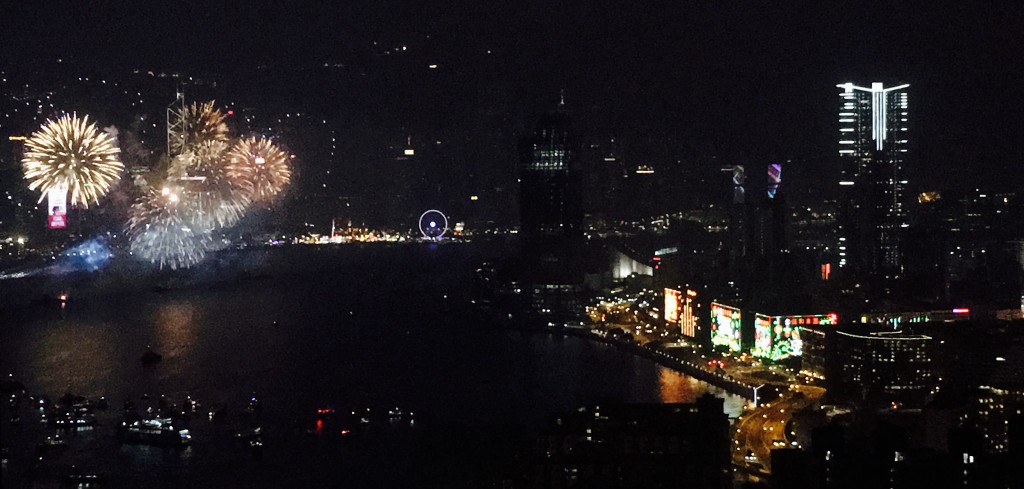Because we were talking about oral history, I’ve decided this blog post will consist of my grandfather’s oral history. Maybe this will be the written record of his experiences in English. (:
Story time: My paternal grandfather was a young adult when he made his trek to HK from the outskirts of China. He was in HK when World War 2 happened. He was there at the time when the Japanese occupied the city, and was struggling to make a living after having followed in his brother’s footsteps. He tells stories of when he was young, starting out as a small business owner that sold ivory and the like, including chopsticks and name stamps. There was once when a Japanese soldier commissioned my grandfather to make him a name stamp, and he paid in advance for it too. My grandfather told him to come back in 2 weeks. He waited. The soldier never showed up.
I know of this because of a project I had to do in high school, where I had to interview a WWII survivor and listen and record their stories. I had to transcribe them and present it in a report to the teacher. The ones that wanted their works published in the HK Heritage archive could do so as well. There were many stories that were told, many that were recorded, but also many that was never heard. Having our discussion of oral history and the importance of it reminded me of the project. Through it, I got to know my grandpa and his struggles, his efforts, his toil and his fears (of the world wars, of the communists, of providing for his family). Oral history may be someone’s personal history, but it is history nonetheless. The underlying tensions between the Hong Kong people and the Japanese during its occupation, along with the stark realities of war can be easily understood with my grandpa’s story.
Of course, now that he is older, he constantly talks about the old days, of when the communists came. I always hear him talk about communists this, communists that, but the stories aren’t so clear. He doesn’t talk about it. He talks about other people’s experiences, where the communists come and take everything. According to my father, he was sent to America by my grandfather to start a business in order to have the whole family immigrate to the US. Dad worked hard, and the whole family moved.
I’m always confused at the timeline of everything, because I never know exactly when we were in the ivory business, and when it stopped. Grandpa apparently owned a restaurant too. Apparently lots of people went there. Apparently it was popular. I didn’t know that. It’s not there anymore. I ask my Dad about it too, but it’s not a really satisfying answer. Maybe I’ll ask more when I get back to HK (:
